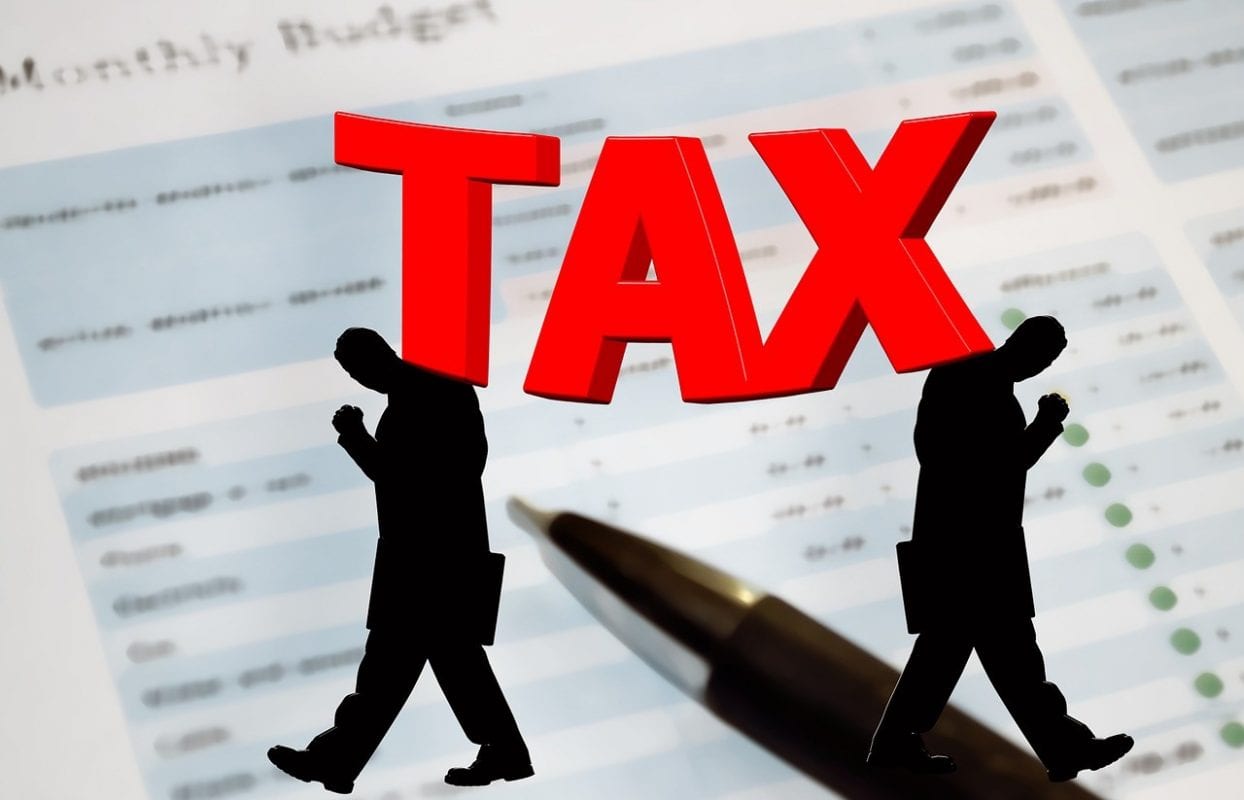Tax Tips for British Expats
Are you a British expat moving abroad and you’re wondering about the tax implications? Read on.
Don’t think that you are far from the reach of the taxman, because you’re not instantly exempt from UK tax when you move overseas. Tax treatment, however, will depend on your particular circumstances.
UK Resident or UK Non-Resident?
If you are a UK resident for tax purposes, you still need to pay tax on worldwide income/gains. If you are a non-resident, then you only need to pay tax for income arising from a UK source, such as government pensions and property. Whether or not you pay income tax would also depend if a double tax treaty exists between the UK and the country you migrate into.
How do you know if you’re a resident or non-resident?
By taking the Statutory Residence Tests, where you will be categorised according to the type of taxpayer that you are. Are you a ‘leaver’, ‘arriver’, or working full-time outside the UK? The answer is determined by the number of days you spend in or outside the UK within a tax year.
But things can get complicated if you are a UK resident for part of the year, and a non-UK resident for the rest of it. This is called split year treatment, which would require a specialist’s advice to understand which tax treatment best apply to you.
What if you have dual residency?
How you pay tax would depend on an existing double tax treaty. If there is none, then you can rely on unilateral relief to keep you from being taxed twice.
Think you may be due a tax refund? Apply here to get your tax back.

